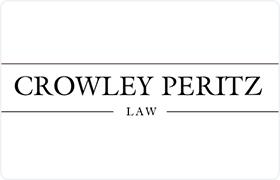DISCOVERY
A formal investigation -- governed by court rules -- that is conducted before trial. Discovery allows one party to question other parties, and sometimes witness...
(more...)A formal investigation -- governed by court rules -- that is conducted before trial. Discovery allows one party to question other parties, and sometimes witnesses. It also allows one party to force the others to produce requested documents or other physical evidence. The most common types of discovery are interrogatories, consisting of written questions the other party must answer under penalty of perjury, and depositions, which involve an in-person session at which one party to a lawsuit has the opportunity to ask oral questions of the other party or her witnesses under oath while a written transcript is made by a court reporter. Other types of pretrial discovery consist of written requests to produce documents and requests for admissions, by which one party asks the other to admit or deny key facts in the case. One major purpose of discovery is to assess the strength or weakness of an opponent's case, with the idea of opening settlement talks. Another is to gather information to use at trial. Discovery is also present in criminal cases, in which by law the prosecutor must turn over to the defense any witness statements and any evidence that might tend to exonerate the defendant. Depending on the rules of the court, the defendant may also be obliged to share evidence with the prosecutor.
 x
x

 Matthew Crowley Fairfax, VA
Matthew Crowley Fairfax, VA Practice AreasExpertise
Practice AreasExpertise
